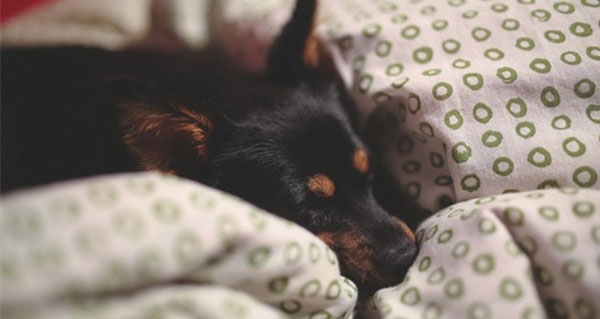As vets when we hear of a case of parvovirus in a dog we get very sad as there are vaccines available that are effective in decreasing severity of symptoms or preventing the disease.
Canine parvovirus is a relatively recently discovered disease, first diagnosed in the late 1970’s. Historically there have been 2 strains of parvovirus in Australia, known as CPV-2a and 2b strains. A third strain, CPV-2c has been identified in USA, South America, Europe and some Asian countries. Until recently it was thought that this strain did not exist in Australia but a recent study has identified it in dogs in Australia.
Some of these cases have occurred in dogs vaccinated against parvovirus however, it is appears that the clinical symptoms displayed by dogs which had been vaccinated against parvovirus were much milder than in unvaccinated dogs.
A word from the manufacturer of parvovirus vaccines used at Ourimbah Veterinary hospital MSD:
‘CPV-2c has become widespread in many countries across Europe, Asia and Latin America and North America for many years. Many of the canine core vaccines available in these areas carry similar if not the same antigen strains to their brand counterparts in Australia, e.g. the CPV strain contained within Nobivac®DHP in Australia is the same one used in many other countries. This is significant because it means that if vaccines against parvovirus in overseas countries have been providing protection against the 2c strain, it follows logically that the canine core vaccines available in Australia should offer the same cross-protection. Indeed, the World Small Animal Veterinary Association (WSAVA) vaccination guidelines for dogs and cats state that challenge studies have shown that vaccination of dogs with current CPV vaccines will provide protective immunity against all other variants, including CPV-2c.’
So the take home message is that vaccination against parvovirus is highly recommended due to its high effectiveness against the ‘common’ CPV-2a and 2b strains and the CPV-2c strain.
What exactly is parvovirus?
Parvovirus is a highly contagious virus that has a high mortality rate, rapidly attacks your pet’s gastrointestinal system and impacts on their cardiovascular system. It can damage organs, lead to secondary infections and sepsis.
Parvovirus is spread by ingestion of the infected dogs faeces- this can be on fur, on shoes, clothing, food bowls, grass etc and can remain infectious in the environment for up to a year or more!
Signs of parvovirus
inappetence
flat/lethargic
fever
vomiting
severe diarrhoea- usually containing blood and very offensive smelling.
dehydration
Diagnosis
The vet will do a thorough physical exam, obtain a history including vaccination status and perform blood and faecal tests to diagnose – the results will also enable the vet to provide the best treatment plan for the infected dog.
Treatment
Intense, round the clock supportive care from nurses and vets. Usually the treatment involves intravenous fluids to try to replace fluid deficits, antibiotics to fight infection, anti nausea drugs and pain relief. Repeat blood tests will be performed. The infected dog will need to be in the isolation ward of the hospital and any clinic staff that are to come in contact with the infected animal need to wear correct protection and cleaning methods to prevent further spread of the disease. Any unvaccinated dog that has parvovirus is in for the fight of their life, unfortunately the death rate is high. Dogs more susceptible are as previously stated- the unvaccinated, elderly and young dogs that have not had their full course of puppy vaccinations and certain breeds such as the Rottweiler and Doberman.
Vaccination against parvovirus
This is included in the C3 vaccination along with Distemper and Hepatitis.
The C3 vaccine is usually given at 6-8 weeks, 10-12 weeks and 14-16 weeks of age.
Then either yearly or 3 yearly boosters are recommended depending on which is suitable for owner and their dog.
If you have any questions or concerns please contact us on 4362 1644



